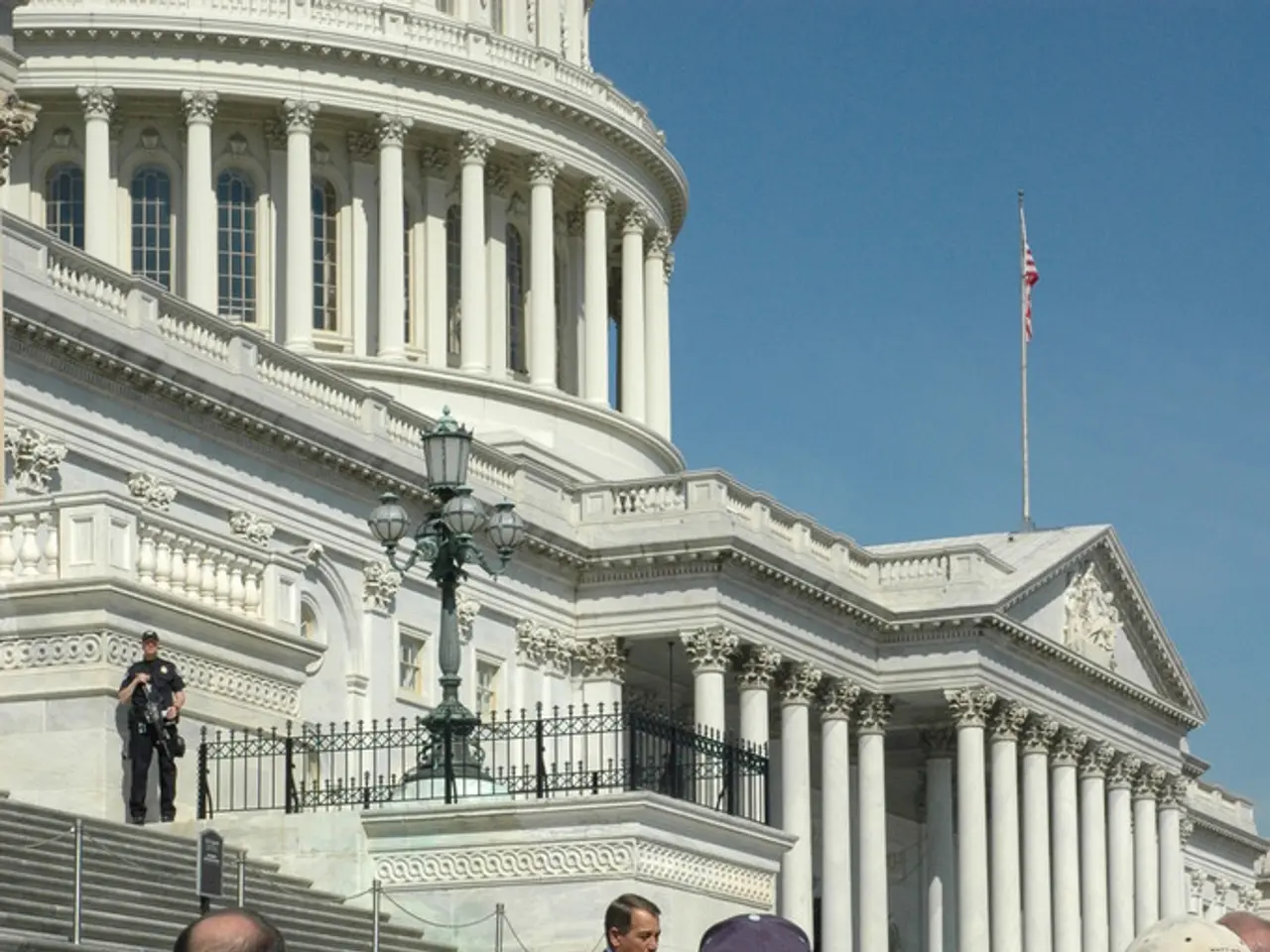Discussing Leadership: A Direct and Honest Discourse
In the realm of government and nation-building, leadership and identity security have taken centre stage. Leaders should be intentional and choose to lead with integrity every day, as the future of government depends on leadership that is worthy of the public it serves.
Michelle Sutter, a former military officer and public sector leader with experience in workforce strategy, leadership development, and human capital transformation, emphasises the importance of leadership development. She advocates for a focus on emotional intelligence, communication skills, and people-centric approaches, stating that leadership is about presence, communication, and supporting others.
The current U.S. government efforts to implement identity security as a core tenet of Zero Trust Architecture (ZTA) are a testament to this. These efforts aim to transform all agency cybersecurity frameworks to continuously verify identities and enforce strict access controls as fundamental to Zero Trust.
Executive Order 14028 and OMB Memorandum M-22-09 require all federal agencies to adopt Zero Trust Architecture by the end of FY 2027. Compliance entails strong identity verification as a foundational component of ZTA. The Cybersecurity and Infrastructure Security Agency (CISA) produces practical guidance for federal civilian agencies to implement Zero Trust principles, including identity-centric controls.
The Department of Defense (DoD) has also issued directives to integrate Zero Trust principles into enterprise and classified networks, prescribing training and policies that embed identity security into research, systems engineering, and cybersecurity training programs. Federal agencies expect vendors and contractors to align with ZTA standards, underscoring identity security as a critical aspect of all federal cybersecurity implementations.
Strong leadership is crucial in navigating these changes. Leadership is not about rank or status, but about the energy and tone set. It is about removing barriers and protecting the team while challenging them to grow. Leadership is a responsibility, not just a role. Every day, leaders have a choice to create clarity, build trust, or destroy it.
In the future of work and government, leadership will be vital in shaping culture. Leadership should not be a skill people figure out on their own; it should be part of training, promotion, and support at all levels. The current government environment requires support, transparency, and adaptable leadership.
In conclusion, the government's focus on identity security within Zero Trust Architecture underscores the importance of strong leadership. As we move forward, leadership that is worthy of the public it serves will be essential in shaping a secure and effective government.
[1] Executive Order 14028: "Improving the Nation's Cybersecurity" [2] OMB Memorandum M-22-09: "Implementing a Modern Approach to Federal Cybersecurity" [3] CISA Zero Trust Architecture Implementation Guidance [4] DoD Directive-Type Memorandum 25-003: "Zero Trust Architecture" [5] CISA Zero Trust Microsegmentation Guidance
- Michelle Sutter, emphasizing the importance of leadership development, advocates for a focus on emotional intelligence, communication skills, and people-centric approaches, aligning these aspects with the government's goal of building a secure and effective future, where leadership that is worthy of the public it serves is crucial.
- In the realm of education-and-self-development and personal-growth, leaders in the government sector could benefit from a comprehensive program that incorporates finance, business, and leadership skills, helping them create a culture of transparency, support, and adaptability necessary for the successful implementation of initiatives such as Zero Trust Architecture.




